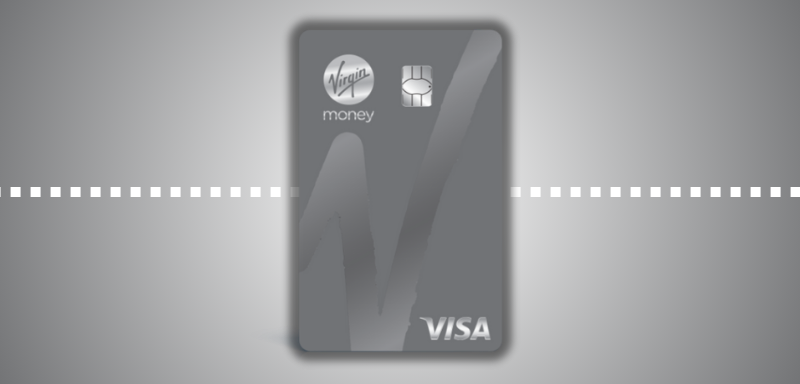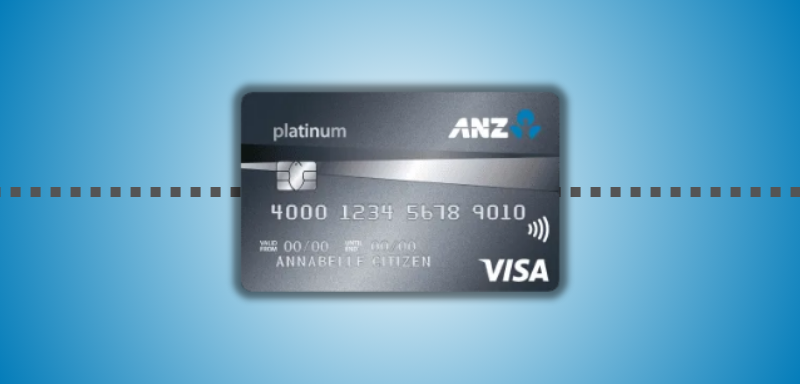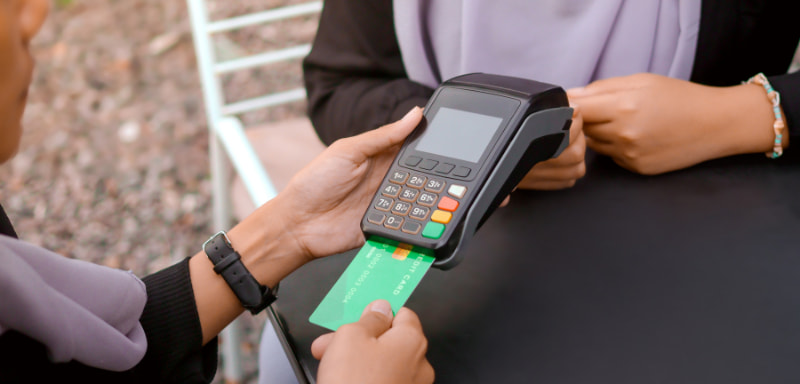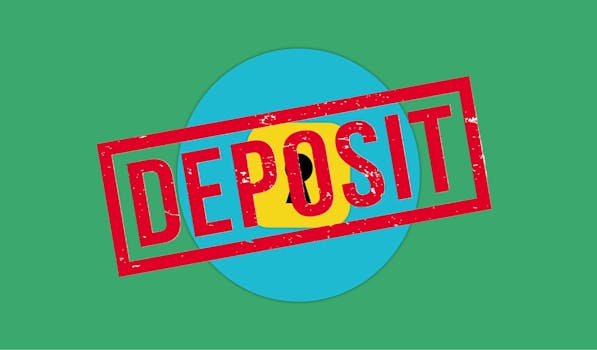Women Finance
Why Financial Independence Matters for Women Everywhere
See why financial independence is essential for women. Learn habits, negotiation scripts, and actionable tips to build wealth and boost confidence for every stage of life.
Advertisement
Every woman deserves a sense of security, peace, and control. Yet many experience anxiety about the future, not only emotionally but financially as well. Pursuing financial independence opens the door to making real choices and having lasting confidence.
Whether supporting a family, living solo, or building a career, financial independence shapes daily behavior and long-term decisions. This journey is unique, yet its rewards and skills benefit women from all walks of life who want freedom, stability, and greater possibilities.
If you want tools, examples, and strategies to actively shape your financial destiny, keep reading. This guide delivers practical steps and evidence-based insights about why financial independence truly matters for women everywhere.
Taking Charge: Practical Ways to Start Building Financial Independence Now
Women gain clear, measurable value by taking the reins of their financial lives. Even simple steps—tracking expenses or setting a budget—immediately change the way you see money.
Applying action today, like reviewing a bank statement or opening a savings account, removes the fog. Instead, it invites confidence and helps you build a steady habit of monitoring financial health regularly.
Recognizing Everyday Opportunities for Control
Financial independence isn’t built overnight, but available choices appear in daily situations. Pause before a discretionary purchase and ask, “Does this fit my values?” That moment boosts awareness and prevents impulsive spending.
Tracking purchases by taking photos of receipts works as a real-time accountability tool. Daily habits might include using a notepad or budgeting app, fostering self-reflection each evening.
Over time, these tiny acts add up—building a foundation for larger decisions. Think of it as steering a ship: small corrections consistently will change your course dramatically.
Negotiating for Yourself Without Apology
Negotiating your salary or an important expense is a key skill on the journey to financial independence. Preparation makes all the difference. Write out your value in concrete terms such as “I improved X by Y percent.”
During a raise conversation, maintain eye contact and keep your tone steady. If offered a lower number than expected, say, “Given my experience and market standards, I feel comfortable requesting X instead.” Practice aloud with a friend or in the mirror.
Confidence in negotiation doesn’t require perfection. It grows each time you act, even when the answer is “not now.” Celebrate your effort just as much as the outcome.
| First Step | Needed Resource | Potential Challenge | Takeaway |
|---|---|---|---|
| Tracking Expenses | Phone, notepad, app | Forgetfulness | Set a daily reminder or automated alert to check progress consistently |
| Building Credit | Credit card, payment reminders | Late Payments | Use calendar apps to ensure payments are on time each month |
| Setting a Budget | Spreadsheet template | Overestimating income | Use last month’s earnings as reference to stay realistic about spending |
| Emergency Fund | Savings account | Low initial funds | Automate even tiny transfers monthly for gradual growth and accountability |
| Negotiating Salary | Research, practice | Nervousness | Script short, assertive statements and rehearse them until they feel natural |
Building Habits That Make Wealth Growth Predictable
Everyone has the opportunity to set up routines that steadily advance their financial independence. Reliable, repeatable habits make the pathway to security less stressful and easier to follow over time.
By establishing routines such as a weekly payment check or monthly financial review, women convert wishes into observable progress. Commitment to these rituals fosters discipline and removes the guesswork of where their money is going or how much they’ve saved.
Speeding Up the Process Through Automation
Leveraging automation can make progress toward financial independence almost effortless. Set automatic transfers to savings or investment accounts every payday—even if the amount is small at first.
- Set up automatic bill payments to avoid late fees and protect your credit score. This saves time and eliminates the anxiety of missing deadlines—most banks and service providers offer simple online setup.
- Automate emergency fund contributions by transferring a fixed sum from each paycheck into a separate account. This builds a buffer for unexpected expenses and helps reinforce a safety-first mindset without daily effort.
- Enroll in employer-sponsored retirement plans and increase contributions by one percent each year. This tiny move, often nearly painless, adds significant long-term growth with no extra steps required later on.
- Use budgeting apps with automated alerts to flag unusual spending patterns. Real-time notifications help you course-correct quickly and prevent the slow creep of budget leaks.
- Automate charitable giving to causes you care about. This not only simplifies your finances but supports your values and provides positive reinforcement with every donation.
Each small action, when automated, gradually builds a pattern of financial independence and relieves the daily mental load.
Evaluating Progress: Celebrate Wins and Adjust Regularly
Set a recurring reminder—even just once a month—to review your goals, compare current balances, and update your plan as needed. This turns victory into a habit rather than a surprise.
- Schedule a “money date” with yourself or a friend every four weeks, where you share or review target achievements. This centers financial independence in your routine and invites careful reflection.
- Keep a journal noting positive milestones—even small ones like a reduced electric bill or new savings record. Written success builds momentum and confidence for bigger goals.
- Develop a color-coded chart or graph to visualize progress. Seeing a line move upward or a checklist fill out feels rewarding and keeps you motivated for further growth.
- Invite feedback from a trusted mentor who can offer perspective without judgment. Honest advice reveals blind spots and fresh approaches you might miss alone.
- Allow yourself a non-monetary reward for consistency—like a walk in your favorite park or a night in with friends. Reinforcement matters at every step, not just the finish line.
By celebrating progress, you maintain motivation for every stage of financial independence, not just the end goal.
Identifying and Overcoming Unique Financial Barriers
Many women encounter different obstacles than men on the road to financial independence. Recognizing what’s unique about these challenges helps you approach each one with a targeted and practical mindset.
Addressing systemic issues—like pay gaps, unpaid caregiving, or limited investing exposure—empowers women to act resourcefully rather than feeling stuck or resigned. Proactive strategies shift the odds back in your favor.
Navigating the Pay Gap and Its Everyday Effects
Unequal pay impacts financial independence both in immediate income and over a lifetime. It isn’t always visible, so ask direct questions when negotiating or accepting job offers, like “What’s the salary range for this role?”
Consider transparency in networking: share your pay and experiences with other women when comfortable. This fosters collective knowledge and strengthens everyone’s bargaining power in their current or future positions.
To counteract lost income, maximize employer-sponsored benefits, seek additional certifications, or explore side projects to diversify income streams. These intentional actions gradually narrow the gap, one decision at a time.
Addressing Caregiving Responsibilities and Career Pauses
Women are more likely to take time away from work for family care. Plan for these potential pauses by contributing aggressively to retirement accounts in working years.
If returning to the workforce, consider upskilling through short courses or certifications—even a few hours a week pays off. Reach out to networks for opportunities designed around flexible schedules.
Building savings and negotiating for family-friendly benefits (like remote options or paid leave) supports continued financial independence despite career interruptions. Set regular check-ins to evaluate goals as your responsibilities shift.
Strengthening Decision-Making and Confidence Around Money
Clear decision-making sharpens your financial independence and builds a sense of inner trust. Confidence grows with each positive money move, no matter how small or routine it appears.
Learning to interpret your own financial data, ask the right questions, and seek feedback increases mastery over your personal plans. Deliberate learning and action go hand in hand for sustained progress.
Turning Uncertainty Into Strategy
If you feel unsure about your choices, practice making decisions in controlled environments. Choose between two cell phone providers by listing pros and cons aloud—then review the process afterward for lessons learned.
Try “decision journaling” by writing down possible outcomes before acting (e.g. “If I save $20 weekly, what changes in a year?”). Track what actually happened—patterns become clearer over time, boosting your confidence.
Discuss your thinking with a friend free from judgment. Externalizing decisions lets you spot bias or errors and helps clarify the next steps on your path to financial independence.
Learning to Ask for Help and Build Networks
Seeking information or advice is a strength, not a weakness, in pursuing financial independence. Create a contact list of people you trust for specific topics—insurance, taxes, investing.
Check in monthly, even just briefly, to keep relationships fresh and supportive. “I’m curious what you’ve learned since last time” is a great way to invite sharing without pressure.
Offer help in return, like a second set of eyes on someone else’s budget. Collaborative support sustains motivation and helps both parties move toward independent goals with greater confidence.
Building Financial Independence Delivers Lifelong Rewards
Taking deliberate steps toward financial independence transforms your ability to choose, protect, and expand what matters most. From tiny habit changes to bold negotiations, every action shapes a more secure and flexible future.
Financial independence isn’t out of reach—it’s a practical journey within grasp of every woman ready to consistently practice, plan, and ask for support. Each step reveals new possibilities for security and self-determination.
By investing in your skills and staying proactive, you inspire others and steadily build not just wealth, but confidence and resilience. This is your journey—let financial independence empower every chapter you write.
You may also like

Virgin Money No Annual Fee Credit Card review: Save More, Spend Smarter
Learn why the Virgin Money No Annual Fee Credit Card is a game-changer for your finances. Read our review to discover its top benefits.
Keep Reading
ANZ Platinum Credit Card Review: $300 Cashback!
The ANZ Platinum Credit Card offers a wealth of benefits, from travel insurance to concierge service. See if it’s the right choice for you.
Keep Reading
Loan or Credit Card? How to Pick the Right One Every Time
Learn when to use a loan instead of a credit card. Practical tips to save money, avoid high interest, and keep your finances under control.
Keep Reading

